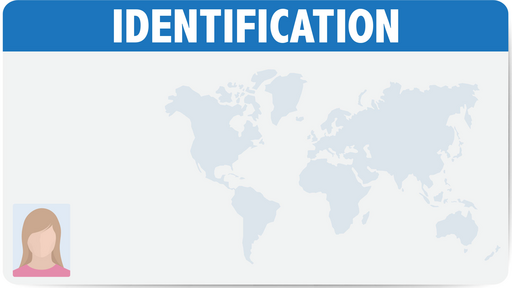The Power of Knowledge

Notes
Transcript
Sermon Tone Analysis
A
D
F
J
S
Emotion
A
C
T
Language
O
C
E
A
E
Social
1 Now concerning food offered to idols: we know that “all of us possess knowledge.” This “knowledge” puffs up, but love builds up. 2 If anyone imagines that he knows something, he does not yet know as he ought to know. 3 But if anyone loves God, he is known by God.
4 Therefore, as to the eating of food offered to idols, we know that “an idol has no real existence,” and that “there is no God but one.” 5 For although there may be so-called gods in heaven or on earth—as indeed there are many “gods” and many “lords”— 6 yet for us there is one God, the Father, from whom are all things and for whom we exist, and one Lord, Jesus Christ, through whom are all things and through whom we exist.
7 However, not all possess this knowledge. But some, through former association with idols, eat food as really offered to an idol, and their conscience, being weak, is defiled. 8 Food will not commend us to God. We are no worse off if we do not eat, and no better off if we do. 9 But take care that this right of yours does not somehow become a stumbling block to the weak. 10 For if anyone sees you who have knowledge eating in an idol’s temple, will he not be encouraged, if his conscience is weak, to eat food offered to idols? 11 And so by your knowledge this weak person is destroyed, the brother for whom Christ died. 12 Thus, sinning against your brothers and wounding their conscience when it is weak, you sin against Christ. 13 Therefore, if food makes my brother stumble, I will never eat meat, lest I make my brother stumble.
"The aim of Christian ethics is not Stoic self-sufficiency, which requires proper knowledge; rather, its aim is the benefit and advantage of a brother or sister." ~Gordon Fee
